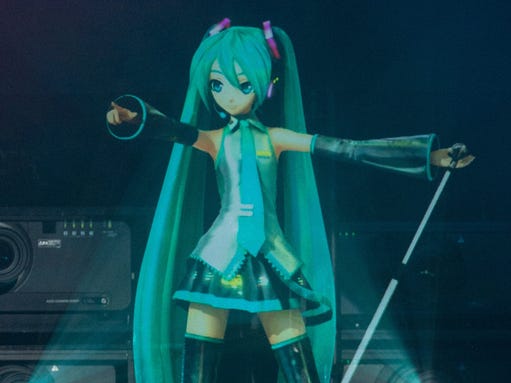
This post from Maclean’s Business Blogs comments on the continuing fight between shopkeepers and credit card companies. Because credit cards from various companies, and sometimes even different types of credit cards within the same company, charge different rates for the usage of them in shops, we are approaching an era where only certain cards will be accepted at certain shops.
I find it ironic that both sides are claiming that they are putting “consumers first”, as the result of them doing so has done nothing but inconvenienced us. Credit card companies charge high rates to gain higher profits and shopkeepers accept various cards to tend to a larger number of customers. There is no “consumers first”. Especially with some shops turning surcharges into their own profits by charging a higher rate than the credit card companies do.
I personally believe that them claiming that they put “consumers first” is unethical and quite immoral. If they wanted to place consumers first, they would either ban surcharges or give discounts to customers that pay via cash or debit as the blog post suggests.
Source:
http://www2.macleans.ca/2013/10/08/credit-card-fees-too-high-give-us-a-discount-for-paying-cash/


 .
.


